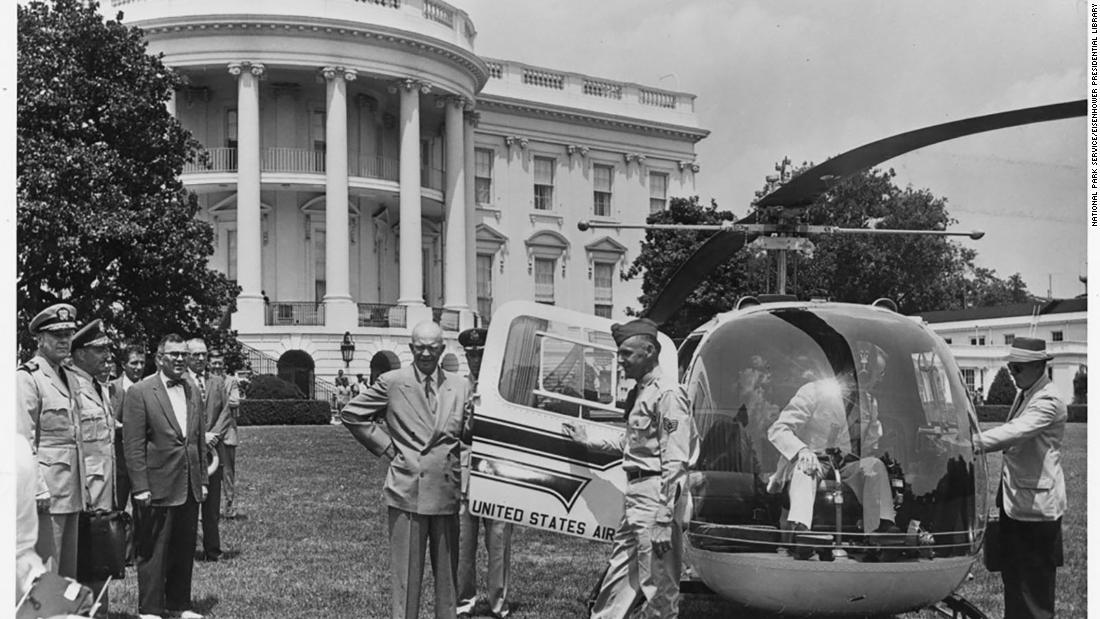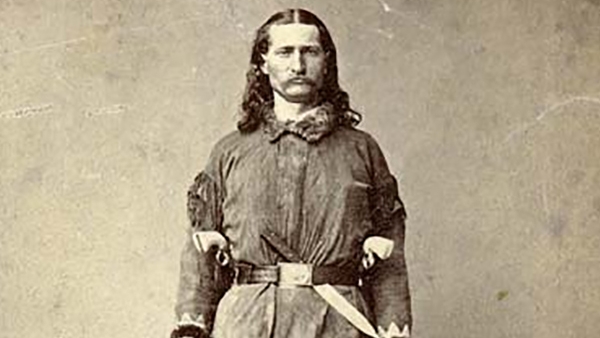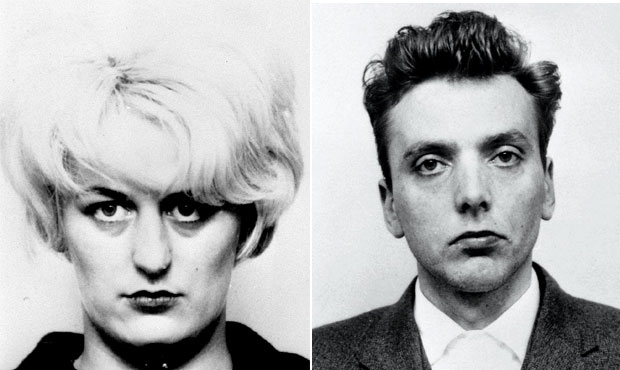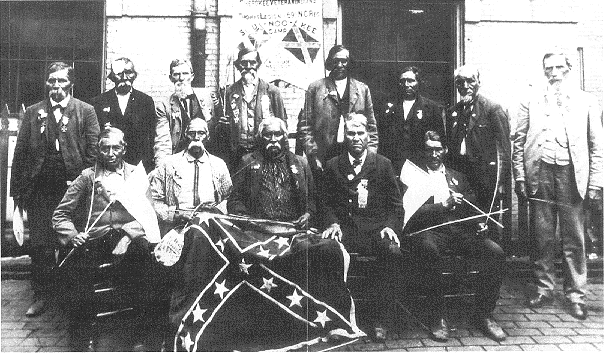
Geraldine Ferraro named vice presidential candidate
Walter Mondale, the leading Democratic presidential candidate, announces that he has chosen Representative Geraldine Ferraro of New York as his running mate. Ferraro, a daughter of Italian immigrants, had previously gained recognition as a vocal advocate of women’s rights in Congress. Ferraro became the first female vice presidential candidate to represent a major political party.
Four days after Ferraro was named vice presidential candidate, Governor Mario Cuomo of New York opened the Democratic National Convention in San Francisco with an impassioned retort to Republican President Ronald Reagan’s contention that the United States was a “shining city on a hill.” Citing widespread poverty and racial strife, Cuomo derided President Reagan as oblivious to the needs and problems of many of America’s citizens. His enthusiastic keynote address inaugurated a convention that saw Ferraro become the first woman nominated by a major party for the vice presidency. However, Mondale, the former U.S. vice president under Jimmy Carter, proved a lackluster choice for the Democratic presidential nominee.
On November 6, President Reagan and Vice President George Bush defeated the Mondale-Ferraro ticket in the greatest Republican landslide in U.S. history. The Republicans carried every state but Minnesota—Mondale’s home state.
Ferraro left Congress in 1985. In 1992 and 1998, she made unsuccessful bids for a U.S. Senate seat. During President Bill Clinton’s administration, she was a permanent member on the United Nations Commission on Human Rights. She died in 2011, at age 75.

US GOVERNMENT
1862
Medal of Honor created
President Abraham Lincoln signs into law a measure calling for the awarding of a U.S. Army Medal of Honor, in the name of Congress, “to such noncommissioned officers and privates as shall most distinguish themselves by their gallantry in action, and other soldier-like qualities.

VIETNAM WAR
1966
North Vietnam urged to treat U.S. POWs better
The National Committee for a Sane Nuclear Policy (SANE) and American socialist Norman Thomas appeal to North Vietnamese President Ho Chi Minh on behalf of captured American pilots. The number of American captives was on the increase due to the intensification of Operation.

VIETNAM WAR
1965
First Marine to receive Medal of Honor for action in Vietnam is killed
U.S.M.C. Lieutenant Frank Reasoner—who became the first Marine to be awarded the prestigious Medal of Honor for action in Vietnam—is killed by enemy fire on July 12, 1965. Reasoner and his battalion had been on a sweep of a suspected Viet Cong area to deter any enemy activity.

U.S. PRESIDENTS
1957
Eisenhower takes first presidential ride in a helicopter
On July 12, 1957, Dwight D. Eisenhower becomes the first president to ride in the newest advance in aviation technology: the helicopter. Although experimental military helicopters had been tested since 1947, it was not until 10 years later that a president considered using the Helicopter

WESTWARD EXPANSION
1861
Wild Bill Hickok’s first gunfight
Wild Bill Hickok begins to establish his reputation as a gunfighter after he shoots three men during a shootout in Nebraska. Born in Homer (later called Troy Grove), Illinois, James Butler Hickok moved to Kansas in 1855 at the age of 18. There he filed a homestead claim.

ART, LITERATURE, AND FILM HISTORY
1979
Disco is dealt death blow by fans of the Chicago White Sox
As the 1970s came to an end, the age of disco was also nearing its finale. But for all of its decadence and overexposure, disco didn’t quite die a natural death by collapsing under its own weight. Instead, it was killed by a public backlash that reached its peak on July 12, 1979.

ART, LITERATURE, AND FILM HISTORY
1389
Geoffrey Chaucer is named chief clerk by Richard II
King Richard II appoints Geoffrey Chaucer to the position of chief clerk of the king’s works in Westminster on July 12, 1389. Chaucer, the middle-class son of a wine merchant, served as a page in an aristocratic household during his teens and was associated with the aristocracy.

CRIME
1963
The Moors Murderers begin their killing spree
Sixteen-year-old Pauline Reade is abducted while on her way to a dance near her home in Gorton, England, by Ian Brady and Myra Hindley, the so-called “Moors Murderers,” launching a crime spree that will last for over two years. Reade’s body was not discovered until 1987.

CIVIL WAR
1861
Confederacy signs treaties with Native Americans
Special commissioner Albert Pike completes treaties with the members of the Choctaw and Chickasaw tribes, giving the new Confederate States of America several allies in Indian Territory. Some members of the tribes also fought for the Confederacy.

COLD WAR
1990
Boris Yeltsin resigns from Communist Party
Just two days after Mikhail Gorbachev was re-elected head of the Soviet Communist Party, Boris Yeltsin, president of the Republic of Russia, announces his resignation from the Party. Yeltsin’s action was a serious blow to Gorbachev’s efforts to keep the struggling Soviet Union.

INVENTIONS & SCIENCE
1933
First Dymaxion car produced
The first three-wheeled, multi-directional Dymaxion car—designed by the architect, engineer and philosopher Buckminster Fuller—is manufactured in Bridgeport, Connecticut, on July 12, 1933. Born in Massachusetts in 1895.

WORLD WAR II
1943
Russians halt German advance in a decisive battle at Kursk
On July 12, 1943, one of the greatest clashes of armor in military history takes place as the German offensive against the Russian fortification at Kursk, a Russian railway and industrial center, is stopped in a devastating battle, marking the turning point in the Eastern front.
TODAY IN NIGERIA HISTORY

2002 UN Secretary-General Kofi Annan arrived Nigeria's capital, Abuja, for a two-day visit that included meetings with government, NGO and UN officials.

2003 President George Bush of USA wound up a five-day visit to five African nations in Abuja, Nigeria with a meetings with Nigerian President Olusegun Obasanjo

2009 MEND leader, Henry Okah agreed to the terms of a government amnesty programme.
Comments
Post a Comment